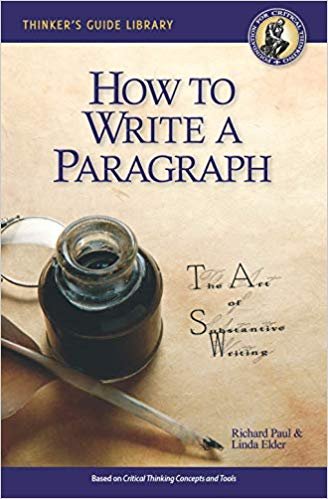One thing that I often notice in my correspondences with people is the lack of substance and detail in their writing. For instance, they do not define their terms when such terms may have many meanings (such as “unity” or “liberal”), they do not answer possible questions a reader might have within the body of their text, for example they are not clear or precise, they may not ensure accuracy, they do not provide depth or breadth, nor do they explain how it might be relevant to their argument, or to what I might have said. In some cases, they may not even provide a logical argument, but just a baseless assertion and conclusion possibly sprinkled with some ridicule that I have a different viewpoint, or that I am unable to understand their viewpoint.
Essentially, they assume that I am in their mind with them thinking their thoughts, and that I should understand them without their actually communicating anything of substance that might help me to understand them. This is especially frustrating when I am unsure of whether or not they may actually contain a valid point or two that I should consider, and that I could potentially integrate into my own overall viewpoint. At the very least, it would help me to understand their position, and to be able to discern it’s potential value. As it stands, I am only able to discern that they are a poor communicator, and that I’ll have to ask them questions that they should have asked themselves while they were writing their post or comment in the first place.
To combat this style of poor written communication, I highly suggest buying and studying the following book by Richard Paul and Linda Elder from the Foundation for Critical Thinking, “How to Write a Paragraph: The Art of Substantive Writing“. (See link below.)
